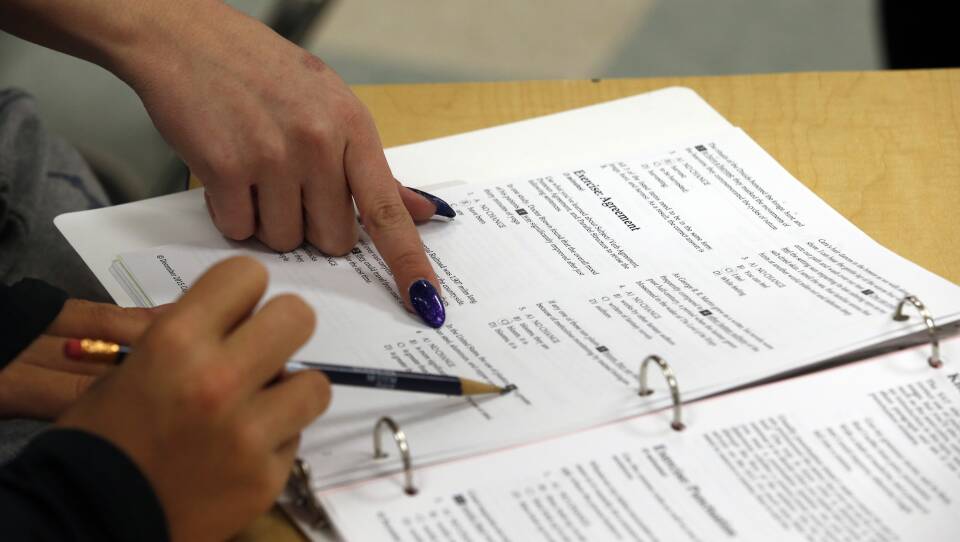Dartmouth College announced last week that it’s reinstating the SAT requirement for applicants, joining a group of elite universities that are bringing back the standardized test, including MIT and Georgetown University.
Many elite schools removed SAT requirements during the pandemic, and prior to 2020 had retreated from using the test in admissions because wealthier students often score higher.
A study conducted by Dartmouth researchers found that standardized test scores, paired with high school grades, can reliably predict the success of students at the college. They also found the scores can identify high-performing students from low-income, rural and underfunded schools.
“[This] research shows that [SATs] are a good predictor of college success. They're a better predictor than grades or teacher recommendations,” Paul Reville, former Massachusetts Secretary of Education and a professor at Harvard University’s Graduate School of Education, told Boston Public Radio on Thursday.
The study also uncovered a trend of disadvantaged students not submitting the optional SAT scores even though their high scores would have helped them get into Dartmouth.
“This is a problem,” Reville said.
SAT scores are just one part of evaluating a candidate for admission, said Reville, who serves on the admissions committee of the Graduate School of Education at Harvard.
“It doesn't mean you have to base your whole admissions decision on the scores, but it's another snapshot of who this person is, who you only know on the basis of a paper application,” he said.
Another Jan. 2024 study from Brown and Dartmouth researchers also found that standardized tests are not “biased” toward disadvantaged students. These studies come as Massachusetts debates the fate of standardized testing in state high schools, and as the Massachusetts Teachers Union pushes to drop the MCAS test from graduation requirements.





